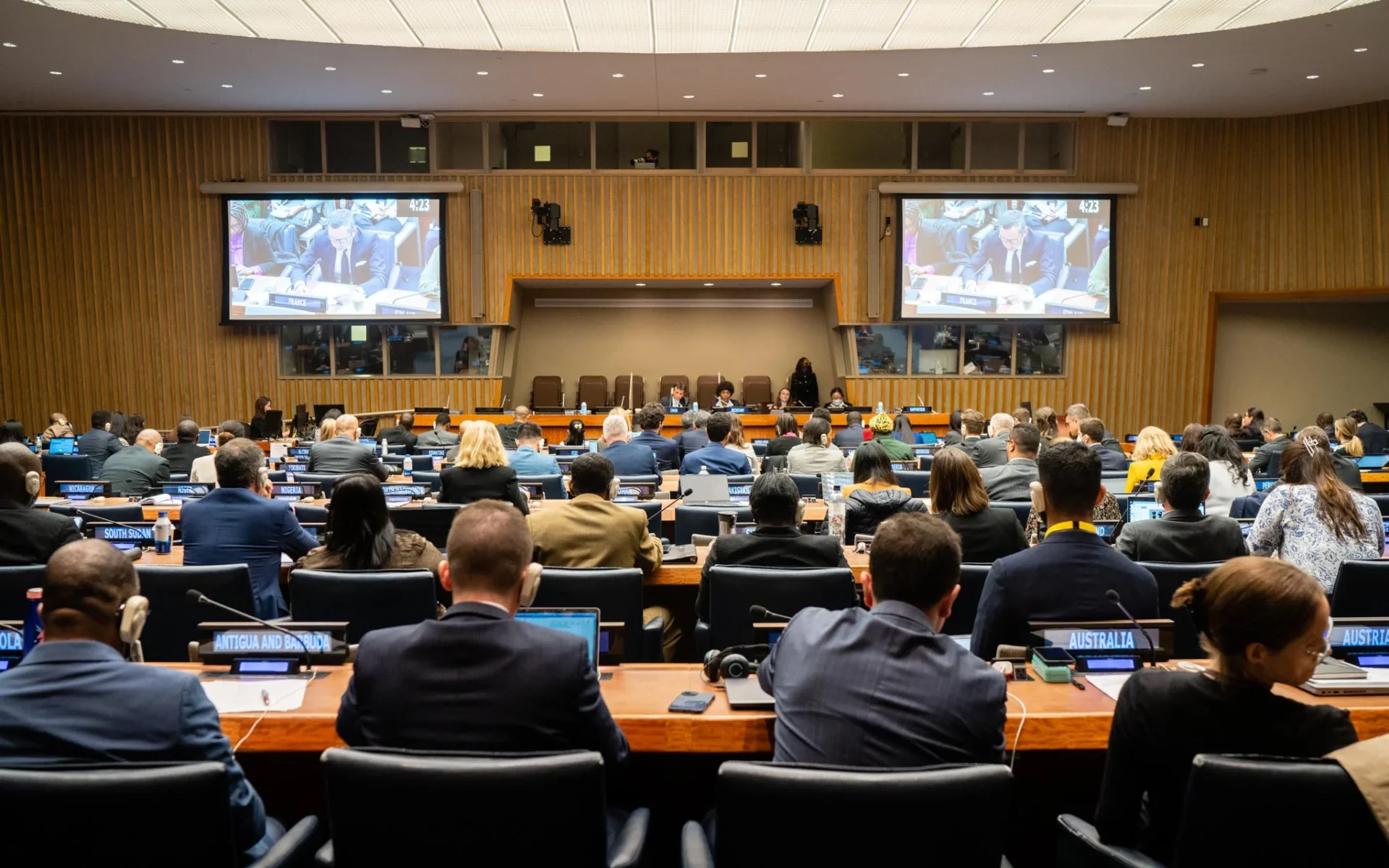For decades, the United Nations has claimed to be a champion of global justice and impartiality. But when it comes to Israel, there’s a clear pattern of disproportionate criticism and bias, raising serious questions about the organization’s integrity. From the overwhelming number of resolutions targeting Israel to the double standards in its agencies, systemic prejudice undermines the UN’s credibility and ability to mediate conflicts. Recent events, like the October 7th attack on Israel and the troubling revelations about UNRWA staff involvement, have once again highlighted the UN’s imbalance. Let’s take a closer look at the UN’s history of bias against Israel and its consequences.
The UN’s Disproportionate Scrutiny of Israel
Since its founding in 1948, Israel has faced intense and unbalanced scrutiny from the UN. In 2022 alone, the General Assembly passed 15 resolutions critical of Israel, compared to just 13 targeting all other countries combined. This disproportionate focus is formalized through the UN Human Rights Council Agenda Item 7, which mandates routine discussion of alleged Israeli violations. No other nation faces such standardized, session-by-session scrutiny, despite numerous crises elsewhere.
The Global Double Standard
This biased focus stands out even more when compared to the UN’s limited response to other grave conflicts. For example, Syria’s civil war has resulted in over 500,000 deaths and millions of displaced civilians, while Yemen’s years-long conflict has caused tens of thousands of deaths and widespread famine. Similarly, decades of violence in the Democratic Republic of Congo have led to millions of fatalities. Yet, none of these tragedies have prompted the same volume of dedicated resolutions or scrutiny the UN consistently reserves for Israel. Such disparity raises serious questions about the UN’s ability to serve as a neutral global tribunal.
The UN’s Response to the October 7th Attack
Hamas’ attack on Israel on October 7, 2023, in which more than 1,200 civilians were killed and more than 200 were abducted, further exposed the UN’s bias. Despite the clear act of terrorism, the UN did not outright condemn the terrorists. Instead, attention soon shifted to Israel’s military response in Gaza, ignoring the fundamental fact that Israel was defending itself against a terrorist organization that initiated the violence.
On December 11, 2023, the UN General Assembly passed a resolution calling for a ceasefire. While humanitarian concerns are important, the resolution failed to hold Hamas accountable or reaffirm Israel’s right to self-defense, creating a false moral equivalence between a sovereign nation protecting its citizens and a terrorist group targeting civilians.
UNRWA: Questions of Neutrality
UNRWA also came under scrutiny when investigations revealed that at least nine of its staff members participated in the October 7 attacks. Israel has long railed against the agency, accusing it of tolerating or even collaborating with Hamas and of perpetuating the 76-year-old Palestinian refugee crisis. The Israeli government has also accused Hamas and other militant groups of stealing aid and using U.N. facilities for military purposes. Their eventual dismissal raised serious concerns, and donor nations began reassessing their support and doubt about UNRWA’s neutrality.
Examples of UN and UNRWA Social Media Bias
As an organization dedicated to monitoring and combating antisemitic content on social media, Fighting Online Antisemitism (FOA) has identified concerning patterns in the online communications of international organizations, including the United Nations and its agencies. While the UN and UNRWA are expected to maintain neutrality, certain posts and statements on their social media platforms have raised questions about bias against Israel, such as:
- UN independent expert Miloon Kothari publicly questioned Israel’s UN membership and accused Jews of controlling social media—an age-old antisemitic trope
- UN Watch investigations revealed that UNRWA teachers endorsed terrorism on social media, praising Adolf Hitler, and calling for violence against Jews, illuminating the connection between UNRWA personnel and Hamas
These instances highlight a troubling pattern where individuals associated with the UN and its agencies have utilized social media platforms to disseminate antisemitic and anti-Israel content. Such actions not only undermine the credibility of these international organizations but also perpetuate harmful stereotypes and incite hatred.
At FOA, we emphasize the importance of vigilance in monitoring online content and holding individuals and organizations accountable for spreading hate speech.
Addressing the Bias
In order to restore its credibility and effectiveness, the UN must take the following steps:
- Ensure that resolutions and discussions address the actions and responsibilities of all parties involved in the conflict
- Examine the mechanisms responsible for the disproportionate focus on Israel, such as Agenda Item 7 of the UN Commission on Human Rights
- Encourage open and constructive dialogue within UN forums
- Focus on Peace-Building: Shift emphasis from condemnation to practical steps for peace, including support for direct negotiations and economic cooperation
The Path Forward
While the Israeli-Palestinian conflict remains complex, the UN’s role should be to facilitate peace, not heighten tensions. The Netherlands’ recent decision to phase out funding for UNRWA sets an important precedent for addressing the UN’s bias. By confronting this bias, the UN can better fulfill its mandate and contribute to a lasting resolution.
To regain its credibility and effectively contribute to peace in the Middle East, the UN must prioritize impartiality, understanding and justice for all parties.
The challenge now is taking concrete action against this bias. Member states, NGOs, and concerned citizens must work together to hold the UN accountable to its founding principles of equality and fairness, paving the way for a more balanced approach to true peace and justice in the region.

